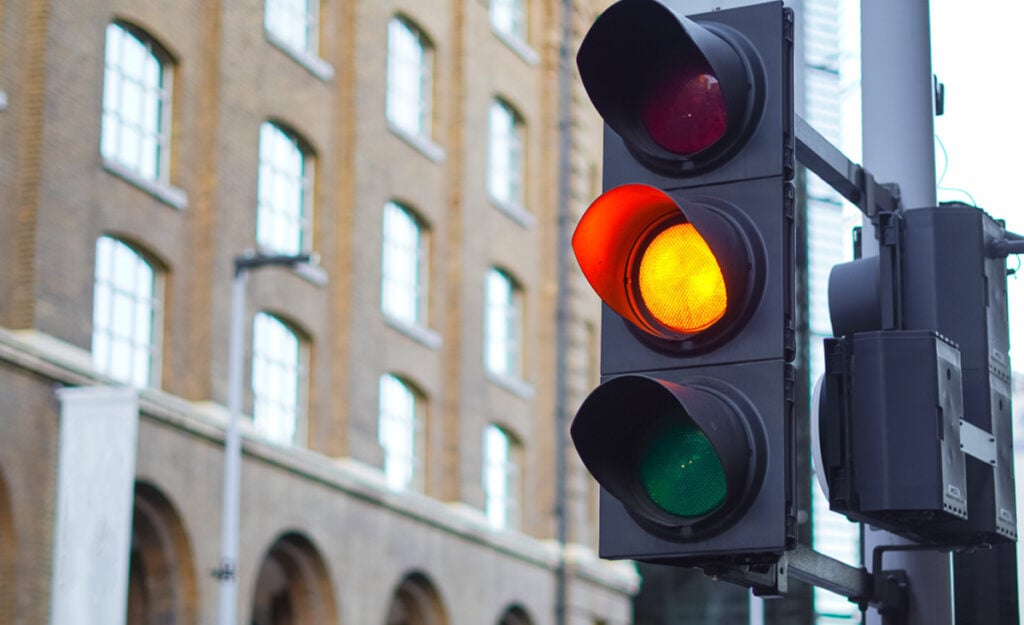
Travellers in South Africa are advised to be aware of a new scam where criminals attempt to charge unknowing individuals for using a public road.
The issue was recently highlighted by an incident in Cape Town, in which a German tourist was confronted by a group of men who demanded that he pay to enter the area.
Keeping an eye out
The scam typically involves one or more individuals who are dressed to emulate local city officials, who then attempt to extort victims by charging them for a “city permit” to be in a public area.
The scammers often use a card reader machine to allow the victims to pay for the permit on the spot, opening them to even more risks as they could be charged a higher fee than told without realizing it, or have their card information cloned.
Sometimes, the criminals even install the card reader on public infrastructure such as a street pole and direct victims towards it, giving credibility to the claim that the permits are a municipal policy.
This particular scam is very prevalent in popular tourist destinations, as it relies on the victim being unfamiliar with the area, whether they are a local or international visitor.
One such area is Cape Town’s Atlantic Seaboard, comprising suburbs like Green Point and Sea Point, where a German tourist was almost the victim of this scam.
The visitor was walking through Green Point when he was confronted by a group of men claiming to be city officials, who explained that he needed to pay for a permit to be in the area, reported the Cape Argus.
The men “conveniently” had a card machine on them and were in the process of getting the victim to pay when they caught the attention of nearby residents, who came to the man’s aid.
As soon as the residents intervened, the men fled the area in two cars, dropping the card machine but taking the man’s credit card in the process.
The South African Police Services were called shortly thereafter, who advised the victim to cancel his card.
The City of Cape Town does not require a permit or ticket of any kind to travel on any public road, and any attempt from an individual to charge such a fee should be immediately reported to the police.
Unfortunately, this scam is not the activity of a few lone opportunists, but is believed to be the work of criminal syndicates in South Africa.
“We urge all residents and visitors to Cape Town to be vigilant against a scam targeting tourists,” said Jacques Weber, a representative of the Atlantic Seaboard Response Group.











